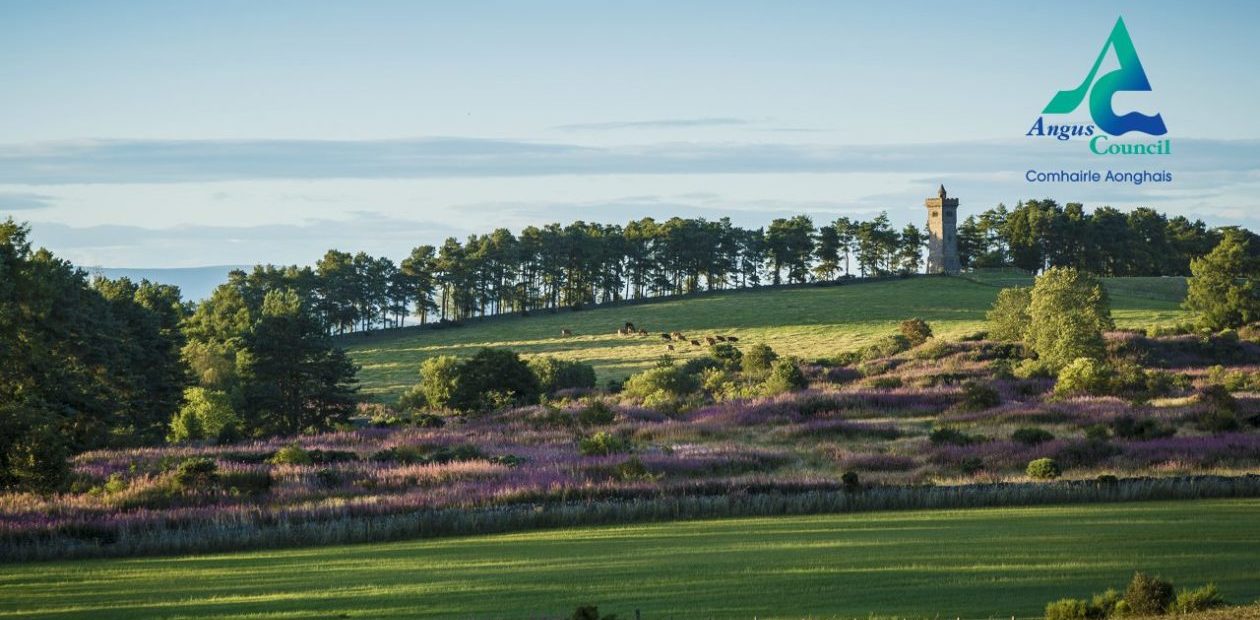posted by Sandra Hood, Early Years Teacher
Expressions of Autumn

Early Years and Childcare staff came together in November over 2 days to collaborate and aspire to achieve the best transition experiences for children and families in Angus.
The first day of the conference saw managers and head teachers from ELCC settings meeting together to network and reflect on experiences of transitions from their own settings and within Angus.
Aline-Wendy Dunlop (Emeritus Professor, Strathclyde University) challenged us to consider transitions in terms of the whole family as well as through the eyes of the child. We were reminded of the need for a shared language during transitions as well as involving families at all stages and left with the challenge of addressing progression through play. Locality based discussion groups identified current good practice and next steps.
Day 2 started positively with Tim Armstrong, Head of Service, Children and Young People sharing key messages from the Children and Young People’s Act (Scotland) 2014, followed by Dawn Archibald who highlighted local and national initiatives. We were joined by colleagues from Care Inspectorate as well as NHS Tayside Infant and Maternal Nutrition and Education Scotland who led very informative workshops.
Aline-Wendy Dunlop inspired us all to consider using transitions positively as a tool which brings opportunities for positive change. Many participants shared that they had found the key note address very positive and motivating.  Over 200 participants then (after a much appreciated coffee and cake!) engaged in inspiring workshops which were identified topics from Early Years Strategy including GIRFEC, Progression Pathways, the Parenting Strategy, The Early Years Collaborative Priorities and Tests of Change and cosy Corners.
Over 200 participants then (after a much appreciated coffee and cake!) engaged in inspiring workshops which were identified topics from Early Years Strategy including GIRFEC, Progression Pathways, the Parenting Strategy, The Early Years Collaborative Priorities and Tests of Change and cosy Corners.
The final workshops of the day saw practitioners from schools, private and voluntary sectors come together in locality groups to discuss the way forward. There were some fantastic ideas and a real commitment to locality working. Representatives from Dundee and Angus College who had attended the conference joined these discussion groups and their input was much appreciated.
There was an audible buzz of professional dialogue and reflection as colleagues prepared to leave at the end of the day. Feedback from the day was very positive and included that the day had provided:
- a good choice of workshops which were well led, informative and effective
- opportunities for interagency relationship building and that the key speaker was interesting.
One participant noted that the conference gave “a boost to go back to your setting with enthusiasm”.
Overall the 2 days provided opportunities for collaborating and connecting and aspired us all to achieve the best we can for the children and families in Angus.
So what next?
We have tasked colleagues within localities to come together to take forward the actions they identified to improve transition from 0-8 years.
Further discussion around the developments of the range of flexible models will continue in January.
A short term working group will be established to develop and lead the implementation of a play strategy which reflects the progress through play from 0-18 and supports parents in play at home and in the community.
What are the implications from the conference for the wider service?
In what ways will we ensure the key messages of ‘Getting it Right’ for every child and their families are considered throughout every transition?
How can we provide effective learning transitions between settings so that children continue to receive the correct amount of challenge and support as their learning progresses in the new setting?
Many thanks to all who contributed to a wonderful two days.








